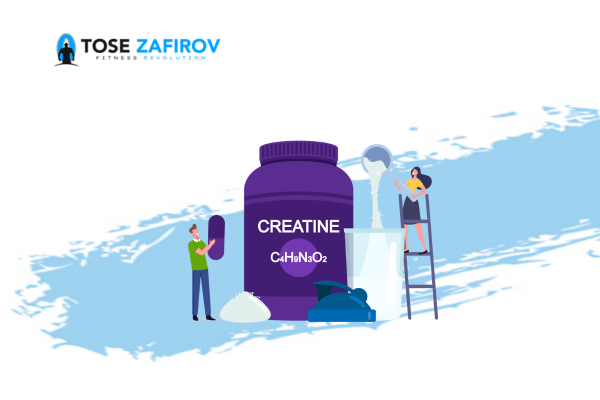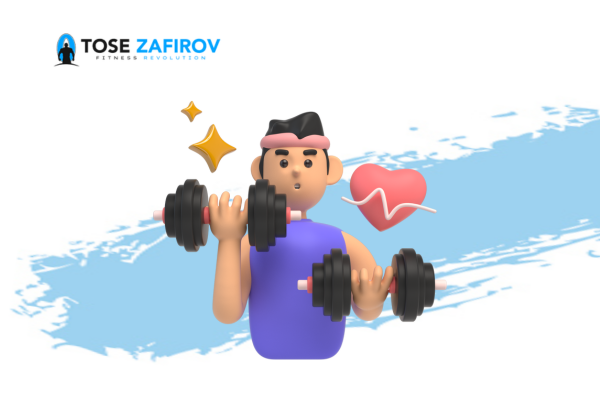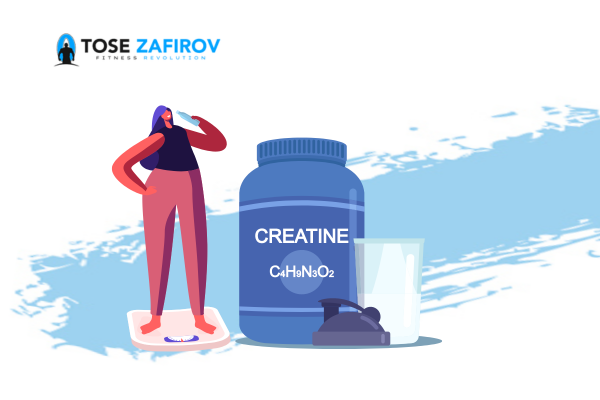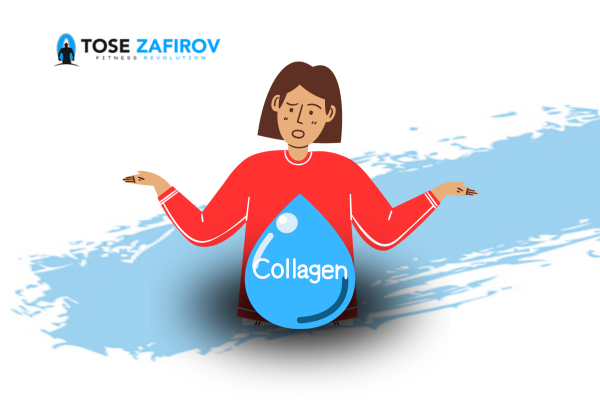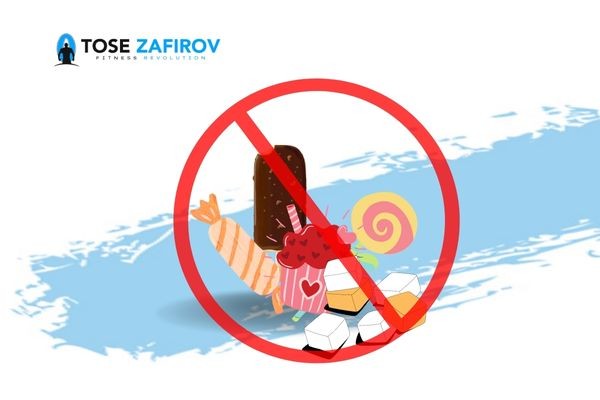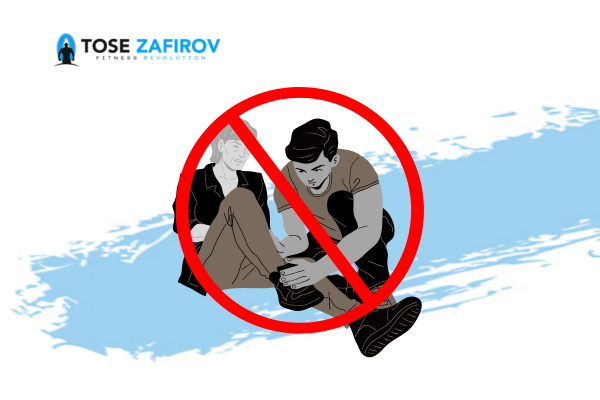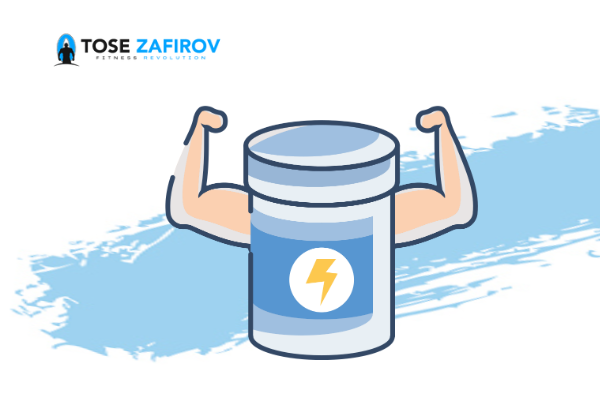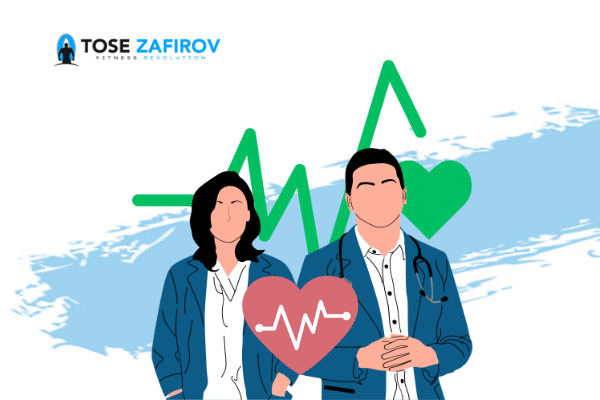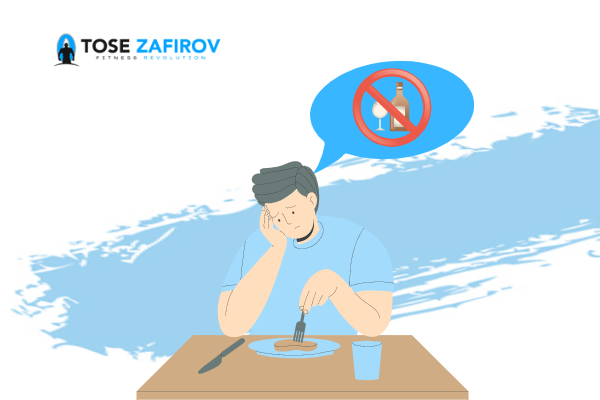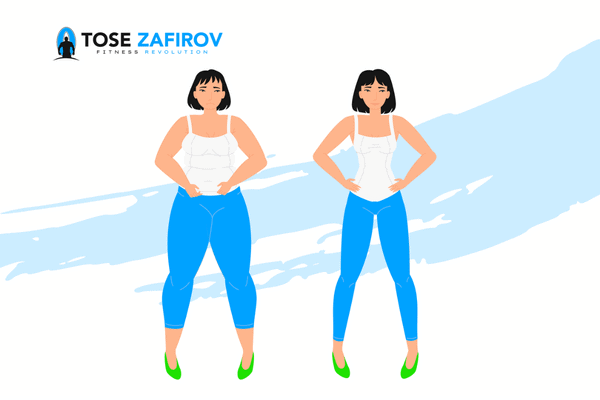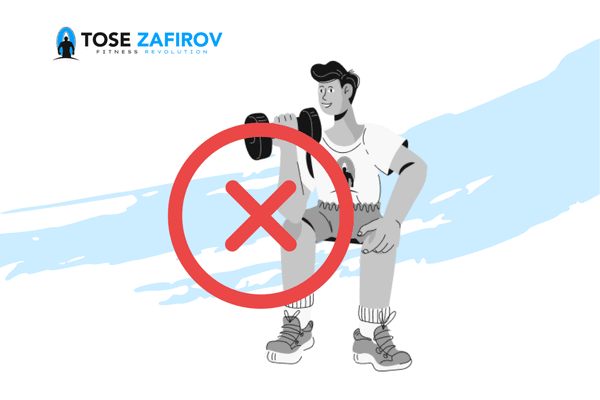Multivitamins and multiminerals are the most commonly used supplements in the world.
Their popularity has increased rapidly in the past few decades .
Some people believe that multivitamins can improve health, compensate for poor eating habits, and even reduce your risk of developing chronic diseases.
This article examines the scientific evidence behind multivitamins.
Key Takeaways:
- Multivitamins are supplements that provide a variety of vitamins, minerals, and sometimes other ingredients.
- Research on multivitamins and heart disease or cancer prevention yields mixed results.
- Multivitamins may offer benefits for brain function, mood, and eye health.
- However, excessive intake or certain formulations can pose risks, especially for specific populations.
What are multivitamins?
Multivitamins are supplements that contain many different vitamins and minerals, sometimes alongside other ingredients .
Given that there’s no standard for what constitutes a multivitamin, their nutrient composition varies by brand and product .
Multivitamins are also referred to as multis, multiples, or simply vitamins.
They’re available in many forms, including tablets, capsules, chewable gummies, powders, and liquids.
Most multivitamins should be taken once or twice per day. Make sure to read the label and follow the recommended dosage instructions.
Warning
What do multivitamins contain?
Thirteen vitamins and about 15 minerals are essential to your health.
Many produce enzymes and hormones, boost your immunity, and keep your nerves and organs functioning properly.
Your body also needs these nutrients for reproduction, maintenance, growth, and the regulation of bodily processes.
Multivitamins may offer many of these vitamins and minerals — but in varying amounts. They may also contain other ingredients like herbs, amino acids, and fatty acids.
Because the Food and Drug Administration (FDA) doesn’t regulate dietary supplements as strictly as it regulates prescription drugs, some may contain higher or lower levels of some nutrients than stated on the label.
Additionally, some supplements may contain ingredients that can interact with medications, so speak with your healthcare provider before starting a new supplement.
Furthermore, the nutrients in multivitamins may be derived from real foods or made synthetically, making it essential to purchase your vitamins from a reputable manufacturer.
Note
In addition to vitamins and minerals, multivitamins may contain herbs, amino acids, and fatty acids — though the amount and number of nutrients can vary.
Multivitamins and heart disease
Heart disease is one of the leading causes of death worldwide .
While some believe that taking multivitamins can help prevent heart disease, research doesn’t seem to support it conclusively.
Some studies suggest that multivitamins are correlated to a reduced risk of heart attacks and death, while others show no effects.
The Physicians’ Health Study II investigated the effects of daily multivitamin use in over 14,000 middle-aged male doctors for over a decade and found no reductions in heart attacks, strokes, or mortality .
However, a more recent study revealed that among women — but not men — taking a multivitamin for more than 3 years was linked to a lower risk of dying from heart disease.
Note
While some studies indicate that people who take multivitamins have a lower risk of heart disease, others have found no connection. Overall, the evidence is mixed.
Multivitamins and cancer
The evidence regarding multivitamin use and cancer risk is also mixed.
Some studies suggest no effect on cancer risk, while others link multivitamin use to increased cancer risk
One review examined five randomized controlled trials including 47,289 people. It found a 31% lower risk of cancer in men who took multivitamins, but no effect in women.
Two observational studies, one including only women and the other including both men and women, tied long-term multivitamin use to a reduced risk of colon cancer .
Finally, the Physicians’ Health Study II noted that long-term, daily multivitamin use reduced cancer risk in men with a history of cancer, as well as those with no history of the disease.
Note
Some studies link multivitamin use to a reduced risk of cancer, while others find no benefit.
Do multivitamins have any other health benefits?
Multivitamins have been studied for several other purposes, including promoting brain function and eye health.
Brain function
Several small studies examining specific populations have found that multivitamins can improve memory in older adults .
Multivitamins may also affect your mood. Research has not only revealed links between poor mood and nutrient deficiencies but also between nutritional supplements and reduced symptoms of anxiety and depression .
However, other studies reveal little to no changes in mood.
Eye health
Age-related macular degeneration is one of the leading causes of blindness worldwide .
One study found that taking antioxidant vitamins and minerals may slow its progression and help prevent it.
Furthermore, some evidence indicates that multivitamins may reduce your risk of developing cataracts, another widespread eye disease.
Pro Tip
Multivitamins may help improve your memory and mood. What’s more, antioxidant vitamins and minerals may help slow the progression of certain diseases that cause blindness.
Multivitamins may be harmful in some cases
Dosage is an essential factor to consider when taking multivitamins.
Although high doses of some vitamins and minerals are acceptable for some people, high amounts can be harmful.
The appropriate dosage can depend on a vitamin’s solubility, which is categorized into the following two groups:
- Water-soluble. Your body flushes out excess amounts of these vitamins through your urine.
- Fat-soluble. Since your body has no easy way to get rid of these, excess amounts may accumulate in your liver.
Pregnant people need to be especially careful with their vitamin A intake, as excessive intakes have been linked to congenital disabilities.
Vitamin D toxicity is rare and unlikely to develop from multivitamin use. However, vitamin A toxicity is more common .
If you take multivitamins and eat many nutrient-dense foods, you could exceed the recommended daily intake of many nutrients.
Smokers should avoid multivitamins with large amounts of beta carotene or vitamin A, as these nutrients may increase your risk of lung cancer .
High doses of certain minerals, such as iron, can lead to stomach upset, constipation, vomiting, and fainting. Iron can also limit the body’s ability to absorb zinc .
Particularly, men should be mindful of their iron consumption, as they tend to store more of it than women do, as well as individuals who have hemochromatosis.
This condition can lead to a buildup of toxic levels of the mineral and may cause liver cirrhosis, liver cancer, and heart disease. Those with this condition should also avoid vitamin C supplements.
Another risk is faulty manufacturing processes, which may cause multivitamins to harbor much larger amounts of nutrients than intended .
[Warning] Supplementing with large doses of certain nutrients can have harmful effects. This is more likely to occur if you take a high-potency multivitamin on top of a nutrient-dense diet. [/Warning]
Should you take multivitamins?
Multivitamins aren’t right for everyone and may even harm some individuals.
That said, specific populations may benefit from multivitamins, including:
- Older adults. Vitamin B12 absorption can decrease with age. Also, older adults may need more calcium and vitamin D .
- Vegans and vegetarians. As vitamin B12 is found primarily in animal foods, those who follow plant-based diets are at a higher risk of deficiency of this vitamin. They may also lack calcium, zinc, iron, vitamin D, and omega-3 fatty acids .
Other people who may benefit from multivitamins include those who’ve undergone weight loss surgery, are on low calorie diets, or don’t get enough nutrients from food alone .
Note
Some individuals, including older adults, vegetarians, and vegans, may need higher amounts of certain vitamins or minerals.
The bottom line
Multivitamins are not a ticket to optimal health.
In fact, evidence that they improve health for most people is inconsistent. In some cases, they may even cause harm.
If you have a nutrient deficiency, it’s best to supplement with that specific nutrient. Multivitamins pack many nutrients, most of which you may not need. It may be best to speak with your healthcare provider to decide your best course of action.
Additionally, it’s best if you don’t take a multivitamin to compensate for a poor diet. Eating a balanced diet of fresh, whole foods is much more likely to ensure good health over the long term.


